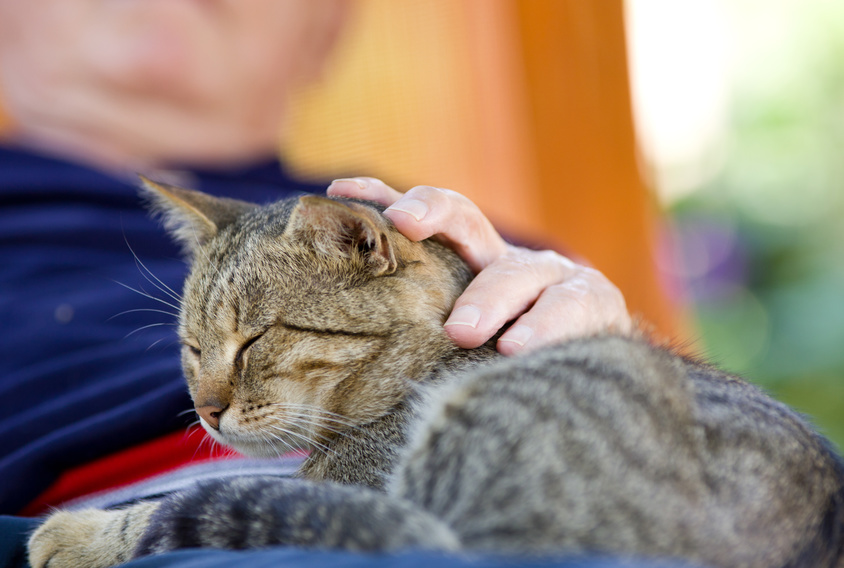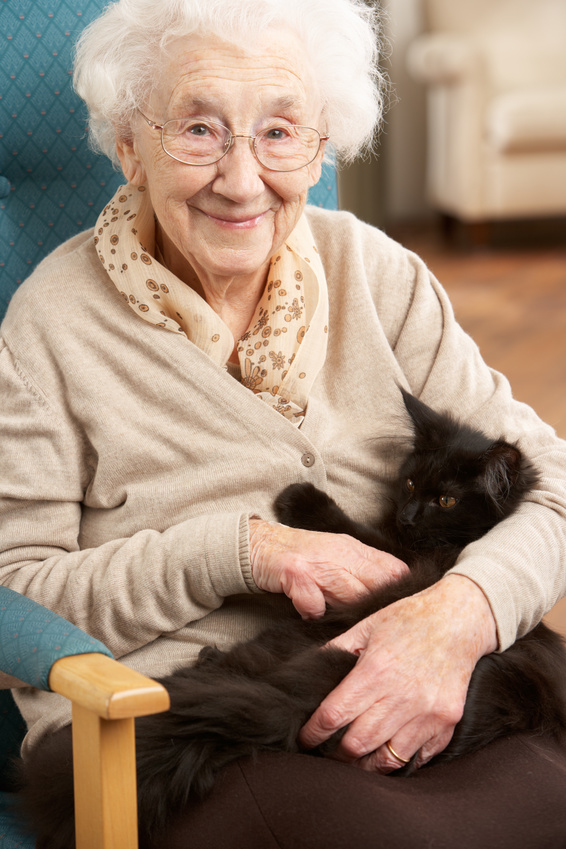|
How to plan pet care for after your deathThe Ralph Site was created to help anyone who has lost a beloved pet to cope with their bereavement but have you ever thought about what would happen to your pet if you were to pass away before them?
Whatever stage you’re at in life, if you have one or more pets then – just as with children - it’s important to put steps in place to safeguard their wellbeing if you were no longer here to care for them. None of us want to think about dying but, hopefully, it will give you peace of mind to know that your pets will be well cared for until the end of their natural lives, even if you can’t be there to see it. The alternative is too sad to consider. So, what can you do to protect your pets’ future without you? Choose a caregiver for your pets (and have a back-up)The first step to provide for your pets in the event of your death is to identify whether you have any friends or family members who would be happy to take on their care if you weren’t here anymore. It’s important to have a heartfelt conversation with potential caregivers about each of your pets. Talk to them about their daily routine, their likes and dislikes, what it takes to care for them properly, any medical needs and their average lifespan. Would they be willing to take on your pets if you were to suddenly pass away? Do they fully understand the potential costs and commitment? Your pet may be in the prime of life right now but you should speak to your friends and family about whether they’d still be enthusiastic about stepping in as a caregiver if it meant looking after an old and infirm animal a few years from now. Even if you have a wonderfully reliable caregiver in mind, we’d always recommend naming someone as a backup too, simply because people’s circumstances can change over time. Try to keep in touch with potential caregivers to regularly review the situation and ensure that they’re still happy to step in for your pets. If you live alone, it’s a good idea to give these trusted friends a copy of your house key and each other’s contact details, in case someone needs to get to your pets urgently. We’d also recommend popping details of your pets and emergency caregivers on a card in your purse or wallet. Register your pet with a charity that will safeguard their futureBut what if you can’t find anyone who would be prepared to fill the void for your pet if you were to pass away? There are several charities that promise to care for bereaved pets for the rest of their natural lives. These services are usually available without charge, but many people decide to leave a bequest to the charity of their choice in their Will as a thank you – this isn’t mandatory though. You might find it helpful to arrange a visit to any charities you’re considering to care for your pets so that you can see what life would be like for them in a care centre if they can’t get rehomed or even meet with people who have successfully adopted a bereaved pet. Home for Life (RSPCA)Home for Life is a free service run by the RSPCA. They promise to make every effort to rehome your pets or, otherwise, place them in a suitable animal centre where they will be cared for throughout their life. If you have several pets that you would like homed together, Home for Life will do their best to honour this, although they can’t guarantee it. You can register your pets with Home for Life at any time but will need to submit a new application form for each animal. You’ll then be sent Home for Life documentation to keep at home – this shows that your pets should be handed over to Home for Life if you pass away. Home for Life recommend that you have a temporary carer on standby who is able to care for your pets immediately following your death until a place can be found for them in a suitable animal care centre. The Cat’s Protection League Guardian ServiceIf you have a cat that you’re worried about leaving behind then you might want to consider the Cat’s Protection League’s Guardian Service. As with the RSPCA’s Home for Life above, you can register your cat(s) for free. If you were to pass away, the Guardian Service would be notified and step into action, arranging to bring your cat(s) into the care of one of their nearby branches or adoption centres. They will then try to place your cat in a home that meets their personality and needs, and they promise that they will never put a healthy cat to sleep. |

 Sadly, it does happen. Many older people enjoy the wonderful companionship that a pet can offer but may find themselves having to move into long-term care later in life or even pass away without making provisions for their furry, feathered or scaly friends. And it’s not just older people who die and leave their precious pets behind. Accident or illness can hit any of us when we least expect it.
Sadly, it does happen. Many older people enjoy the wonderful companionship that a pet can offer but may find themselves having to move into long-term care later in life or even pass away without making provisions for their furry, feathered or scaly friends. And it’s not just older people who die and leave their precious pets behind. Accident or illness can hit any of us when we least expect it.
